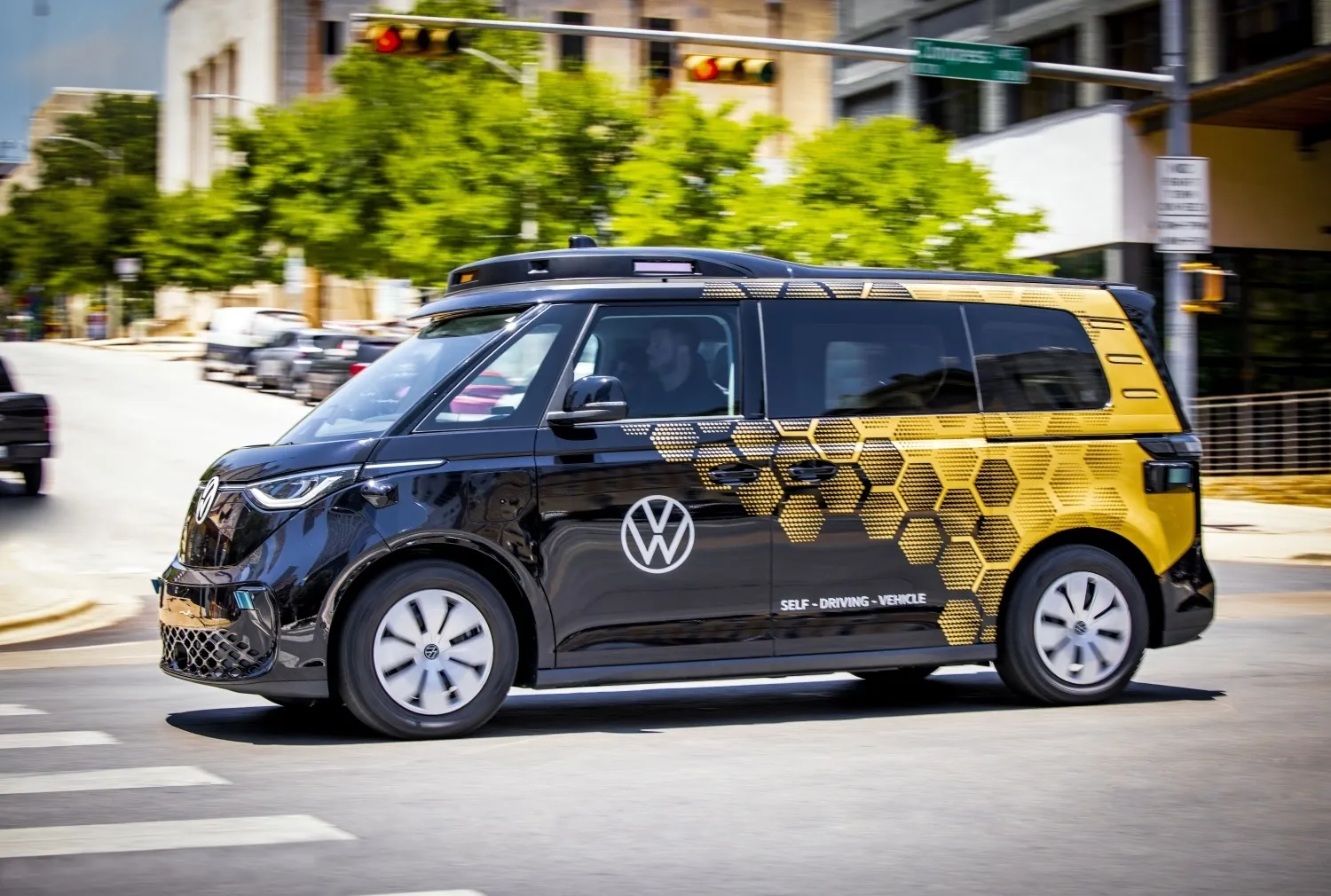Going forward, large-scale investments from original equipment manufacturers (OEMs) will refine the use of artificial intelligence (AI) and cognitive cloud-based technology solutions even further, enabling level 4/5 autonomous driving within the next five years. Retrofitted automated driving solutions and deployment in shared mobility (taxi) platforms will experience robust growth.
“With the introduction of automated driving taxis to support shared mobility business models, the commercial entry of level 4 vehicles is expected by as early as 2020,” said mobility senior analyst Anirudh Venkitaraman. “In the European and North American markets, the introduction of level 3 automation by 2018, driven by over-the-air updates from
The report, Global Autonomous Driving Market Outlook 2017, finds that the global autonomous driving market will be worth US$83 billion by 2025. The study examines the top trends in the automated driving market, including developments like growing usage of driver assistance, new solutions, robot taxis, cognitive cloud computing, and adoption of mechanical light detection and ranging (LiDAR) for perception improvement.
“Concerns surrounding legislation, system reliability issues, and incompatible infrastructure limit the opportunities for OEMs looking at automated driving,” noted Venkitaraman. “Nevertheless, the journey from human-operated to completely autonomous cars is a progression, and pioneering semi-automated vehicles will be an important milestone toward achieving level 5 automated vehicles.”
Level 4/5 autonomous driving will be possible in the next five years, says research
Growing consumer preference for convenience-enhancing technologies and automobiles-as-a-service options helped double the adoption of vehicles with automated driving features in 2016, says Frost & Sullivan’s mobility team. Going forward, large-scale investments from original equipment manufacturers (OEMs) will refine the use of artificial intelligence (AI) and cognitive cloud-based technology solutions even further, enabling level 4/5 autonomous driving within the next five years. Retrofitted automated driv
May 9, 2017
Read time: 2 mins
Growing consumer preference for convenience-enhancing technologies and automobiles-as-a-service options helped double the adoption of vehicles with automated driving features in 2016, says 2097 Frost & Sullivan’s mobility team.








